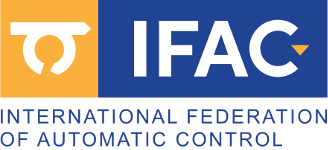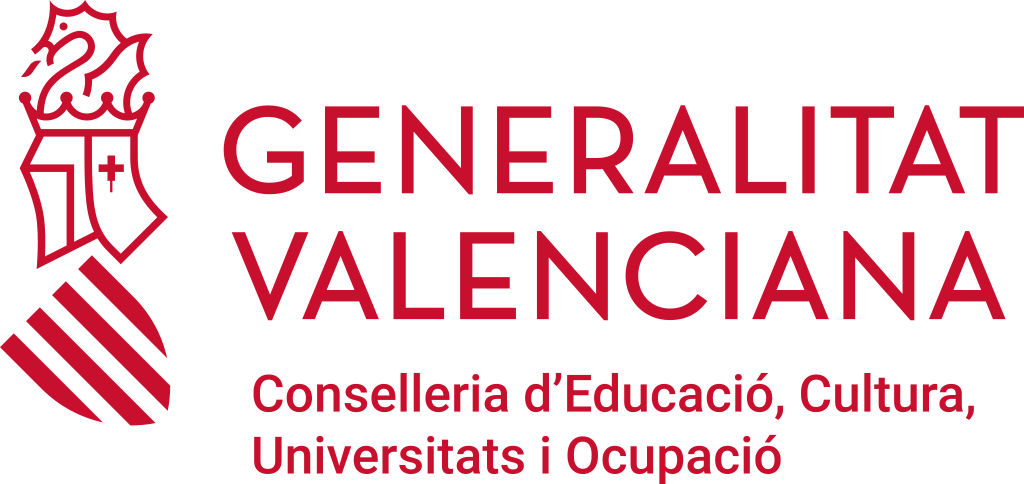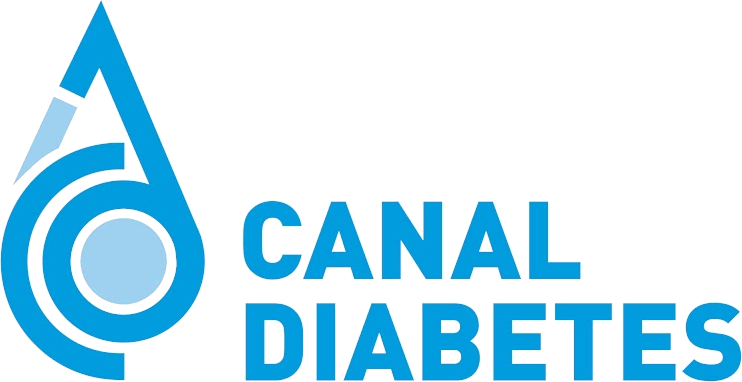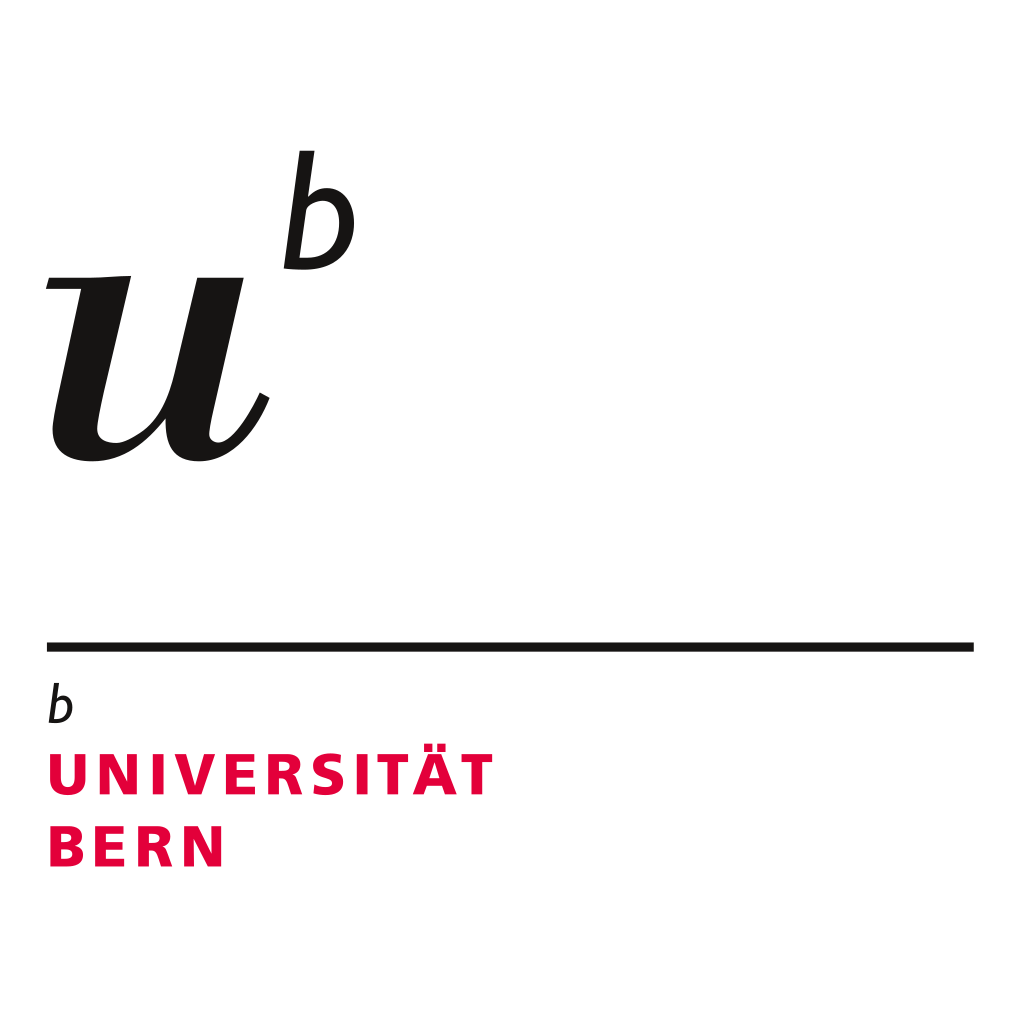GENERAL INFORMATION
Background and Scope
Background and Scope of the Conference
The IFAC Workshop on Engineering Diabetes Technology is born out of the necessity of finding a space to discuss and share the latest technological advances in the area of diabetes management, aiming to bring together senior, young researchers, and industry
Diabetes is a major health issue that has reached alarming levels. According to the International Diabetes Federation (IDF), today more than half a billion people are living with diabetes worldwide. Diabetes is a serious long-term or “chronic” condition where high glucose levels occur either because the body is not able to produce any or enough insulin (Type 1 Diabetes, T1D) or cannot effectively use the insulin it produces (Type 2 Diabetes, T2D). Glycemic control in diabetes remains a challenge, with a low portion of adults with the condition achieving an A1c target of <7%, despite the availability of modern glucose-lowering agents, modern insulin analogs, the improving accuracy of glucose monitoring, the widening use of intensive insulin therapy (IIT), and emerging use of closed-loop (AID) and decision support systems (DSS). While new technologies have proven benefits in avoiding diabetes-related complications and may have reduced excess mortality in some populations, excess mortality and complication rates remain higher in people with diabetes when compared to the general population.
This situation continues to pose challenges to scientists and engineers in the field, who work towards improving the life of people with diabetes, proposing technological novelties that can be transferred to the industry and reach people affected by this disease.
EDT is co-organized by the Polytechnic University of Valencia (Spain, the University of Virginia (USA), and the University of Bern (Switzerland).
Main IFAC sponsoring Technical Committees
- TC 8.2. Biological and Medical Systems
IFAC Co-sponsoring Technical Committees
- TC 8.4. Biosystems and Bioprocesses
- TC 9.4. Control Education
Sponsoring National Member Organization
- CEA Comité Español de Automática
National Organizing Committee
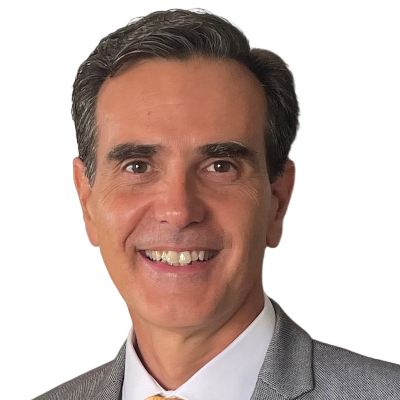
NOC Chair
José Luis Díez
(Polytechnic University of Valencia, Spain)
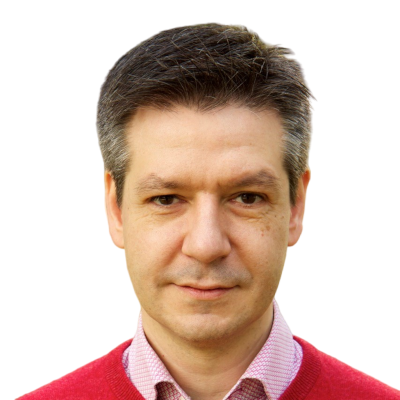
NOC Co-Chair
Jorge Bondia
(Polytechnic University of Valencia, Spain)
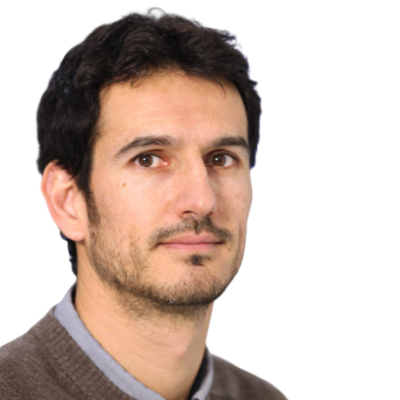
NOC Vice-Chair from Industry
Pau Herrero
(Roche, Spain)
NOC Members
Raquel Arias Montañana (Polytechnic University of Valencia, Spain)
Clara Furió Novejarque (Polytechnic University of Valencia, Spain)
Juan David Hoyos Giraldo (Polytechnic University of Valencia, Spain)
Alejandro José Laguna Sanz (University of Valencia)
Juan Fernando Martín San José (Polytechnic University of Valencia, Spain)
Iván Sala Mira (CIBERDEM, ISCIII, Spain)
Ricardo Sanz Díaz (University of Valencia, Spain)
International Program Committee
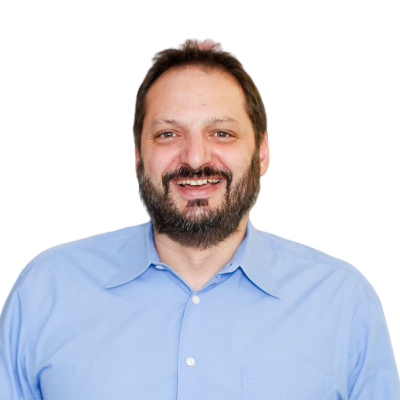
IPC Chair
Marc Breton
(University of Virginia, USA)
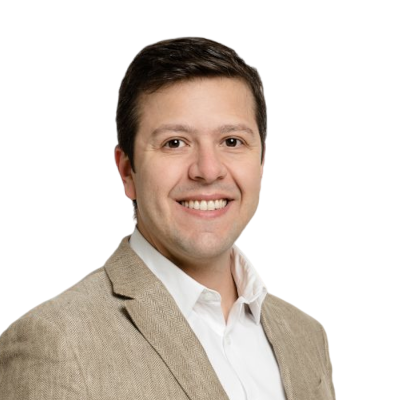
IPC Co-Chair
José Fernando García Tirado
(University of Bern, Switzerland)
IPC Members
Hernán de Battista (Universidad Nacional de la Plata, Argentina)
Aleix Beneyto (University of Girona, Spain)
B. Wayne Bequette (Rensselaer Polytechnic Institute, USA)
Marzia Cescon (University of Houston, USA)
Ali Cinar (Illinois Institute of Technology, USA)
Iván Contreras (University of Girona, Spain)
Chiara Dalla Man (University of Padova, Italy)
Chiara Fabris (University of Virginia, USA)
Andrea Facchinetti (University of Padova, Italy)Ç
Anas El Fathi (University of Virginia, USA)
Simone Del Favero (University of Padova, Italy)
Antonio Ferramosca (University of Bergamo, Italy)
Pedro García (Polytechnic University of Valencia, Spain)
Maira García Jaramillo (Ean University, Colombia)
Fabricio Garelli (Universidad Nacional de la Plata, Argentina)
Pantelis Georgiou (Imperial College London, UK)
Sebastien Gros (Norwegian University of Science and Technology, Norway)
Eigner György (Óbuda University, Hungary)
Ahmad Haidar (McGill University, Canada)
Peter Jacobs (Oregon Health and Science University, USA)
John B. Jørgensen (Technical University of Denmark, Denmark)
Hans-Michael Kaltenbach (ETH Zurich, Switzerland)
Levente Kovács (Óbuda University, Hungary)
Boris Kovatchev (University of Virginia, USA)
Fabián León (Antonio Nariño University, Colombia)
Dayu Lv (University of Virginia, USA)
Anders Lyngvi Fougner (Norwegian University of Science and Technology, Norway)
Eleanore Maeva Doron (CEA-Leti, France)
Lalo Magni (University of Pavia, Italy)
Heiko Peuscher (Ulm University of Applied Sciences, Germany)
Fabio Previdi (University of Bergamo, Italy)
Mudassir M. Rashid (Illinois Institute of Technology, USA)
Sergio Romero (Polytechnic University of Valencia, Spain)
Ricardo Sánchez Peña (Instituto Tecnológico de Buenos Aires, Argentina)
Pablo Santiago Rivadeneira (Universidad Nacional de Colombia, Colombia)
Dawei Shi (Beijing Institute of Technology, China)
Giovanni Sparacino (University of Padova, Italy)
Chiara Toffanin (Univresity of Pavia, Italy)
Josep Vehí (University of Girona, Spain)
Malgorzata E. Wilinska (University of Cambridge, UK)
Sponsor
Co-sponsors
Organizers
Diversity and Inclusion statement
IFAC, as an international federation serving and representing all those concerned with the theory and application of automatic control and systems engineering wherever situated, is devoted to creating and fostering an inclusive environment that is open to diverse thoughts, ideas, and communications, without fear of discrimination, harassment, or retaliation against any member of this community. It is committed to providing equal opportunities and a safe environment for every person who chooses to participate in its work. Additionally IFAC strives for these same principles for all IFAC activities, including technical events, journals, and its various committees and governing boards.
- IFAC actively promotes the inclusion of a diverse set of speakers, which will lead to more representative discussions across IFAC.
- IFAC actively promotes the inclusion of a diverse set of members of its boards and committees at all levels, which will lead to more representative decisions, policies and activities across IFAC.
More about IFAC Mission and Vision
Become An IFAC Affiliate
IFAC offers services dedicated to individuals who sign-up as IFAC Affiliates. The services include the possibility to share and consult information about other Affiliates. It also gives access to more advanced features such as :
- Receiving the IFAC Newsletter.
- Receiving alerts about the IFAC Conferences in your field/s of interest.
- Benefit for reduced registration fees at IFAC Conferences. Conferences are typically 10€ (or the local equivalent) less expensive for IFAC Affiliates, than for non-affiliates.
- Participating in IFAC Technical Activities.
- Organizing IFAC Conferences.
- Participating in IFAC Journals.
- Applying to IFAC Awards.
- Applying to the IFAC Activity fund.
- And more to come in the future.
Moreover, being an IFAC Affiliate is free of charge. Any individual who is interested in Control Engineering should sign up !
